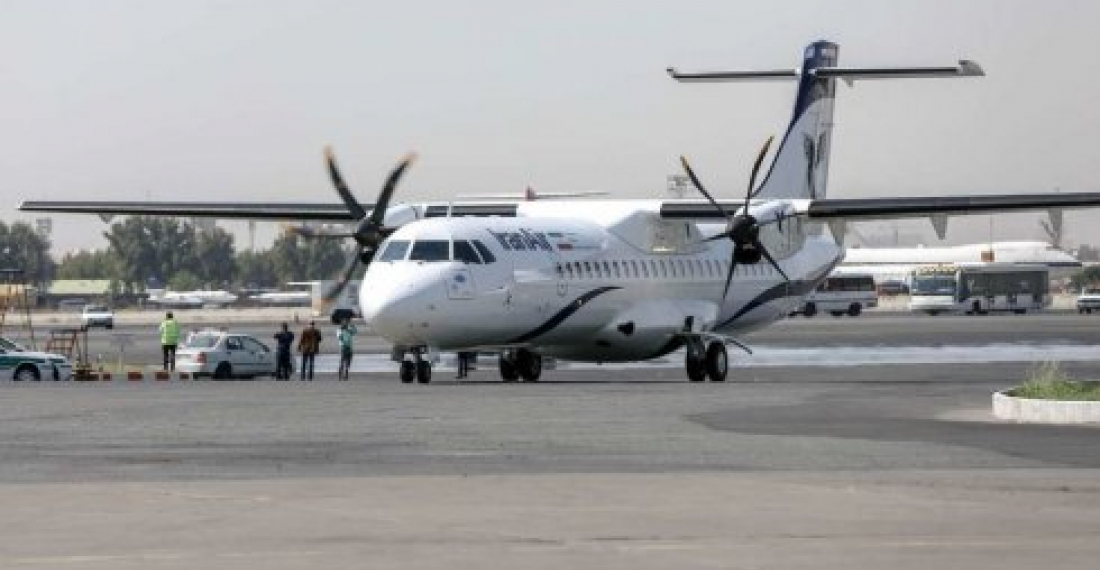The first part of new United States sanctions against Iran following Washington's withdrawal from the Joint Comprehensive Plan of Action (JCPOA) in May, come into effect today. The restrictions will cover the automotive sector, the purchase and sale of gold and key metals.
US State Department Director of Policy Planning Brian Hook said that the sanctions against Iran will be resumed in two stages - on August 6 and on November 4. It is expected that the first part of the restrictive measures will cover the automotive sector of Iran and the purchase and sale of gold and other key metals, and the remaining sanctions, which will be introduced by the end of autumn, will affect Iran's energy sector, oil-related deals, as well as transactions with the central Bank of Iran.
According to Hook, Washington's "goal is to increase pressure on the Iranian regime by reducing to zero its revenue on crude oil sales." Hook noted that the US authorities are working on how to minimize the destabilization of the global market. He added that Washington is confident that there are sufficient opportunities to increase oil production.
On May 18, the European Commission passed the first package of measures on protecting the interests of EU companies investing in Iran from US sanctions, nullifying them on the EU territory. "Following the green light of EU leaders at the informal meeting in Sofia (the EU-Western Balkans summit on May 16-17) , the European Commission has today taken steps to preserve the interests of European companies investing in Iran and demonstrate the EU's commitment to the Joint Comprehensive Plan of Action (JCPOA) - the Iran nuclear deal," the EC said in a statement.
In the meantime there has been a last minute rush to deliver some orders to Iran before the sanctions kick in. On Sunday (5 August) five new ATR-72600 passenger aircrafts landed in Tehran's International Mehrabad Airport. The Iranian news agency IRNA reported that in remarks during the receiving ceremony of the aircrafts, Iranian Transport Minister Abbas Akhoundi called delivering the ATR passenger aircrafts to Iran as the European Union's positive step towards fulfilling its obligations. Iran Air ordered a total of 20 aircrafts from ATR and the newly arrived aircrafts make the total number of the Franco-Italian company's deliveries to Iran 13, by the time. ATR has been lobbying the U.S. Treasury to allow it to take advantage of the normal wind-down period for Iran business by giving it temporary new licenses.
source: commonspace.eu with agencies
photo: An new ATR-72600 aircraft landing arrived at Tehran airport on Sunday (5 August) just before sanctions kicked in (pictuyre courtesdy of IRNA news agency Tehran)






